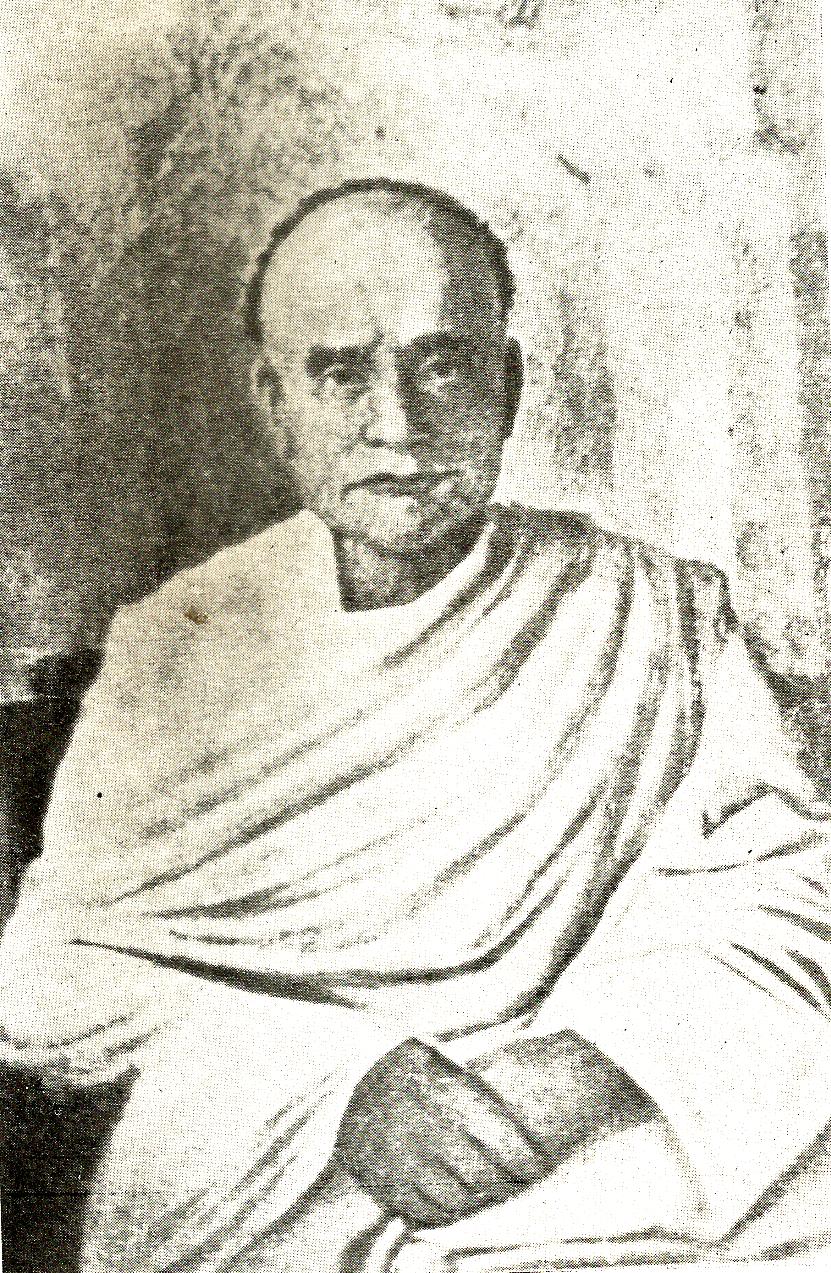


According to Bengali folklore, he learned numbers by merely following the milestones on his way to Calcutta. After completing elementary education, he continued his studies at the house of their family friend Bhagabat Charan in Calcutta.

A brilliant student with vast knowledge of Vedic philosophy, Sanskrit, literature and other subjects, he was conferred the title of ‘Vidyasagar’ (Ocean of knowledge) by the Sanskrit College, Calcutta.Īlso read: Why Iswar Chandra Vidyasagar still remains relevant in Bengal Vidyasagar’s early lifeīorn to Bengali orthodox Brahmins Thakurdas Bandyopadhyay and Bhagavati Devi in Binsingha village, in Midnapore district of Bengal, on September 26, 1820, Vidyasagar spent his childhood in abject poverty. Ishwar Chandra Bandyopadhyay was an educationist, a philanthropist, social reformer and a polymath ahead of his times who fiercely advocated women’s education and widow remarriage and opposed polygamy in an orthodox society. IT has been 130 years since Ishwar Chandra Vidyasagar, the stalwart of Bengal Renaissance and the towering cultural icon of the state, passed away-but India, especially its women, would always be grateful to his trailblazing reforms. Even 130 years after his death, Indian women should feel grateful to this tireless crusader, who freed them from the shackles of patriarchy to a considerable extent, writes ABHISHEK ANAND. Ishwar Chandra Vidyasagar was a trailblazing reformist and visionary who challenged Hindu orthodoxy and regressive customs, especially discriminating against women.


 0 kommentar(er)
0 kommentar(er)
